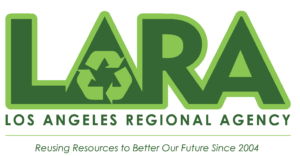Four New Laws to Develop Recycling, Composting, and Waste Reduction
California has always been in the forefront when it comes to recycling. The state’s aggressive goal of 75% recycling by 2020 has prompted new legislation which will serve as important tools to help the state reach this goal.
AB 199 creates a sales-and-use tax exemption for businesses on purchases of equipment used for recycling and composting, as well as equipment that processes recycled materials. Businesses may apply for the exemption with the California Alternative Energy and Advanced Transportation Financing Authority (CAEATFA).
» Read More
AB 876 requires local governments to plan for the building of sufficient composting and anaerobic digestion infrastructure to process the organic waste over a 15-year period in. Assembly Member Kevin McCarty, (D-Sacramento), authored the bill.
Food recovery, composting, anaerobic digestion, and other recycling strategies prevent organic waste from ending up buried in landfills, where it generates enormous amounts of methane. The Air Resources Board has set a target of effectively eliminating organic waste disposal by 2025 in order to significantly reduce these pollutants.
Lastly, AB 888 addresses the trillions of tiny fragments of plastic that has ended up in rivers, lakes and oceans, and are mistaken for food by fish and other wildlife. This law goes even further than regulations passed by other states in that it ensures personal care products will be formulated with environmentally-safe alternatives.
» Back
